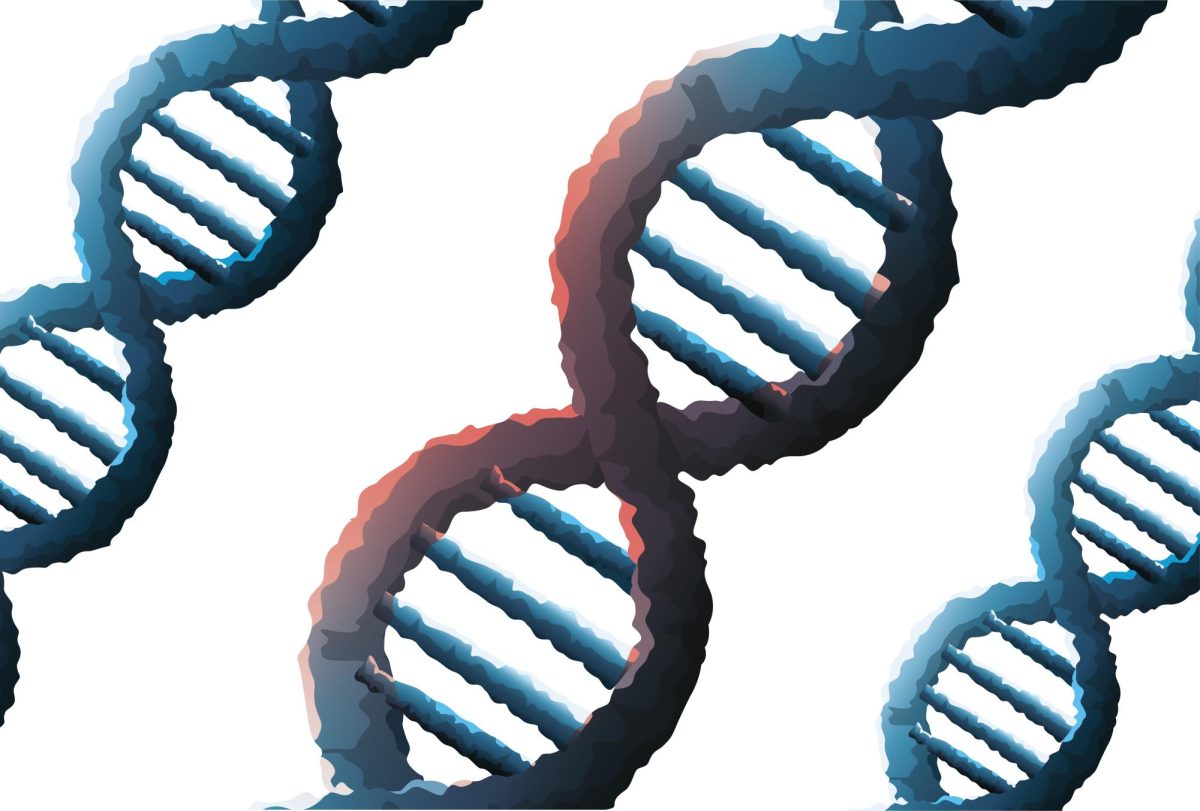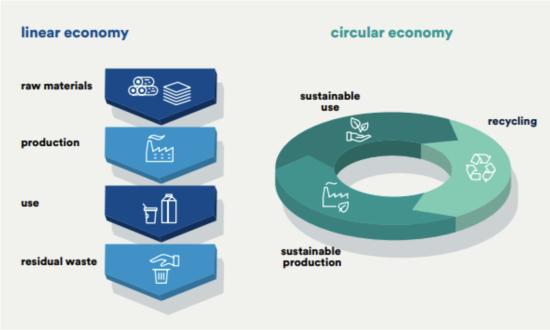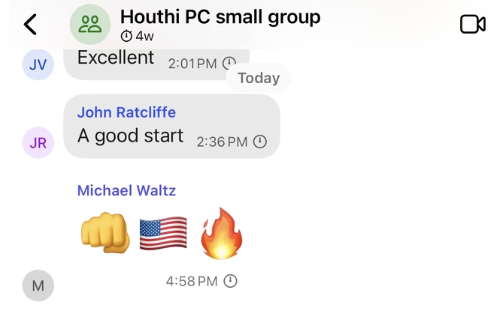One hundred and fifty years ago, evolutionary biologist Charles Darwin unintentionally sparked a multi-generational debate over the origins of human behavior, commonly called Nature vs Nurture. Epigenetics is one field of study that may finally bridge the gap between the conflicting sides of the nature-nurture debate. This field gives us insight into how environmental factors can influence gene expression, not only in the affected population but in the generations that follow.
To understand Epigenetics, we must have an understanding of the epigenome. The epigenome exists on and around the histone-deoxyribonucleic acid (DNA) complex. In the nucleus of each cell, strands of DNA are tightly wrapped around structures called histones, which create a chromatin fiber. These fibers are then bundled even more tightly into chromosomes. When our DNA is tightly wrapped, or condensed, the underlying genes cannot be transcribed by the cell, consequently preventing gene expression. When a gene is needed, however, chromatin and histones loosen the DNA, making the gene accessible to transcriptional proteins.
But what controls how DNA can be transcribed? That is precisely where epigenetic marks come into play. Epigenetic marks, also known as “chemical tags,” create codes that indicate how tightly packed DNA should be and whether or not genes should be transcribed. These markers, which are attached to histones and DNA strands, signal to the cell how to use genome sections.
But why does this matter? Recent studies show that environmental factors influence these chemical tags. This was suggested in a 2013 study about intergenerational trauma associated with scent. In the study, the researchers blew a cherry blossom scent through the cages of adult male mice, while simultaneously delivering an electric current to their feet. Over several repetitions, the experimental mice associated the smell of cherry blossom with pain. Shortly afterward, the experimental and control male mice were bred with control female mice. Contrary to offspring with control parents, experimental offspring were jumpy and nervous around cherry blossom scent, despite them never interacting with the electric current!
Sensitivity to the cherry blossom scent was linked back to epigenetic modifications in the DNA of the parent mice. First, the researchers found changes in epigenetic tags on a gene encoding a smell receptor. Then, upon dissecting their brains, the researchers found a significantly higher number of neurons used to detect the cherry blossom scent in parent and offspring experimental mice than in parent and offspring control mice. What was concluded was that the DNA of the parental mice changed structure as a survival mechanism against the cherry blossom scent (or electric shock). Ultimately, the mice had epigenetic changes resulting from environmental factors that were passed down hereditarily from parent to offspring.
This begs the question of if there is a correlation between our parent’s lives and our own. Yes, we inherit our parents’ genes, but this study indicates that we can inherit their experiences in life as well. Instead of debating if nature or nurture is more important, biomedical research should begin to focus on how epigenetics can shape the lives of parents and their offspring.
Works Cited
Bertolote, José. “The Roots of the Concept of Mental Health.” NCBI, 2008, https://www.ncbi.nlm.nih.gov/pmc/articles/PMC2408392/. Accessed March 2023.
Dean, Jason. “Why Nature Vs. Nurture is a False Dichotomy.” Developmental Psychiatry, 3 August 2021, https://www.developmentalpsychiatry.com/2021/08/03/why-nature-vs-nurture-is-a-false-dichotomy/. Accessed March 2023.
Dodge, Kenneth A. “The Nature-Nurture Debate and Public Policy.” NCBI, 2004, https://www.ncbi.nlm.nih.gov/pmc/articles/PMC2790282/. Accessed March 2023.
Henriques, Martha. “Can the Legacy of Trauma be Passed Down the Generations?” BBC, 26 March 2019, https://www.bbc.com/future/article/20190326-what-is-epigenetics. Accessed March 2023.
Lorenzen, Eric. “Issues in Sociobiology: The Nature vs. Nurture Debate.” The Science Teacher, vol. 68, no. 6, 2001, pp. 44-48. JSTOR, https://www.jstor.org/stable/24154619. Accessed March 2023.
Mansfield, Becky, and Julie Guthman. “Epigenetic Life: Biological Plasticity, Abnormality, and New Configurations of Race and Reproduction.” Cultural Geographies, vol. 22, no. 1, 2015, pp. 3-20. JSTOR, https://www.jstor.org/stable/26168622. Accessed March 2023.
Maryville University. “Nature vs. Nurture Child Development | Maryville Online.” Maryville University Online, https://online.maryville.edu/blog/nature-vs-nurture-child-development/. Accessed March 2023.
Moore, David S. “The Potential of Epigenetics Research to Transform Conceptions of Phenotype Development.” Human Development, vol. 60, no. 2, 3, 2017, pp. 69-80. JSTOR, https://www.jstor.org/stable/27008914. Accessed March 2023.
Nestler, Eric J. “Hidden Switches In The Mind.” Scientific American, vol. 205, no. 6, 2011, pp. 76-83. JSTOR, https://www.jstor.org/stable/26002919. Accessed March 2023.
NIH. “Epigenome.” National Human Genome Research Institute, March 2023, https://www.genome.gov/genetics-glossary/Epigenome. Accessed March 2023.
Plomin, Robert. “In the Nature–Nurture War, Nature Wins – Scientific American Blog Network.” Scientific American Blogs, 14 December 2018, https://blogs.scientificamerican.com/observations/in-the-nature-nurture-war-nature-wins/. Accessed March 2023.
Polderman, Tinca J C, et al. “Meta-Analysis of the Heritability of Human Traits Based on Fifty Years of Twin Studies.” PubMed, 18 May 2015, https://pubmed.ncbi.nlm.nih.gov/25985137/. Accessed March 2023.
Serpell, Mick. “Guest Editorial – PubMed Central.” NCBI, National Library of Medicine, November 2013, https://www.ncbi.nlm.nih.gov/pmc/articles/PMC4590158/. Accessed 16 March 2023.
Steinberg, Douglas. “Determining Nature vs. Nurture.” Scientific American Mind, vol. 17, no. 5, 2006, 12, 14. JSTOR, http://www.jstor.org/stable/24921581. Accessed March 2023.
University of Texas Permian Basin. “Nature vs. Nurture: The Debate Over Our Personalities | UT Permian Basin Online.” UT Permian Basin’s Online Degree Programs, https://online.utpb.edu/about-us/articles/psychology/nature-vs-nurture-the-debate-over-our-personalities/. Accessed March 2023.











